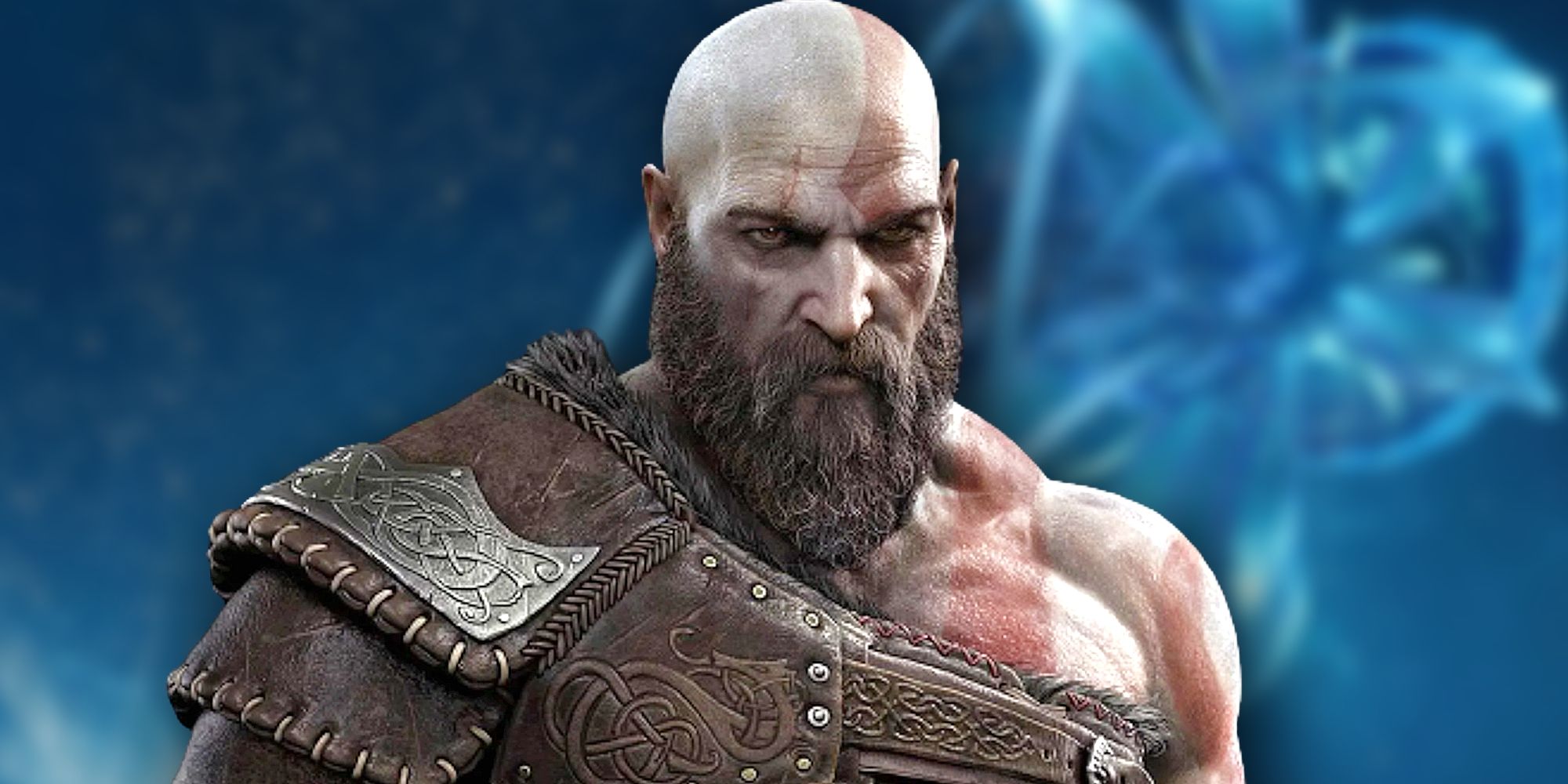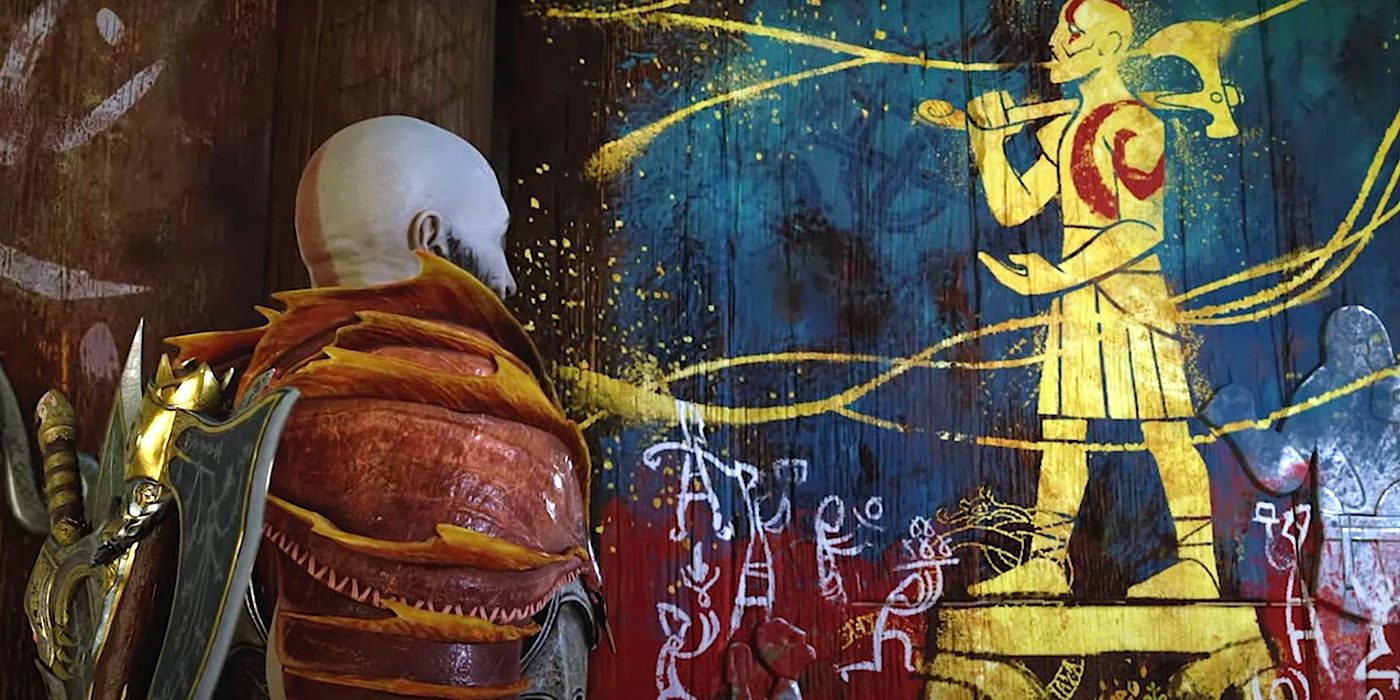God of War Ragnarök resumes Kratos’ story after a harrowing cliffhanger in God of War. After scattering his wife's ashes in Jotunheim, Kratos uncovers part of a mural depicting his death. Since then, Kratos’ fate has been in question and drives the plot of God of War Ragnarok as he and Atreus set out to defy destiny.
[Warning: This article contains story spoilers for God of War Ragnarok.]
Kratos survives the events of God of War Ragnarok despite his prophesied death in God of War’s ending. Throughout the story, this prophecy weighs heavily on Kratos and Atreus as events keep occurring that seem to bring the prophecy closer to fulfillment. However, they overcome the odds, and both survive the war with Asgard. The conclusion of God of War Ragnarok is quite a happy one in which Kratos finally achieves an end he’s deeply yearned for since his days as the god of war in Greece.
How Kratos And Atreus Broke Fate In God Of War Ragnarök
The Norns, the Fates of Norse mythology, tell Kratos that there is no grand design or destiny, only the choices one makes. They reveal that the choices people make are so predictable is what makes their prophecies so accurate. This revelation from the Norns is one of the details that show how God of War Ragnarok’s story is different from actual mythology. While the meeting with the Norns felt like a frustrating dead end, it provided Kratos with the key to subverting his supposed destiny, even if he didn’t realize it at first.
If destiny is an illusion and choices are the only real thing, then one must make choices that break the nature of their personality. They must be better. In Kratos’ case, the Norns make predictions for his fate because his choices consistently show that he kills gods and would do anything to protect Atreus. So then, in order to break fate, Kratos must make the choice not to kill any of the Norse deities in God of War Ragnarok and choose to trust Atreus to take care of himself. This is precisely what Kratos does and is the reason Kratos doesn't die in God of War Ragnarok.
The fight against prophecy and the demonstration of free will are significant themes in God of War Ragnarok. Kratos and Atreus’ journey to create their own fate is at the story's core, but other characters also struggle with prophecy. Odin works tirelessly to prevent Ragnarok, but, as often happens with prophecy, all of his attempts to evade the supposedly predestined fate inevitably cause the prophecy to come true.
At the end of the game, it is revealed how Faye helped Kratos and Atreus forge their own path. She was responsible for destroying the painting in God of War that depicted Kratos’ future death. In doing so, she prevented them from falling into the trap of bringing about fate through attempts to evade it. Kratos discovers another set of prophecies on the other side of the shrine that Faye painted, in which she writes for him a path to something he has never imagined possible: to become a god that people appreciate and pray to. Kratos had already unknowingly followed this path throughout the story of God of War Ragnarok and it's why Kratos doesn't die.


